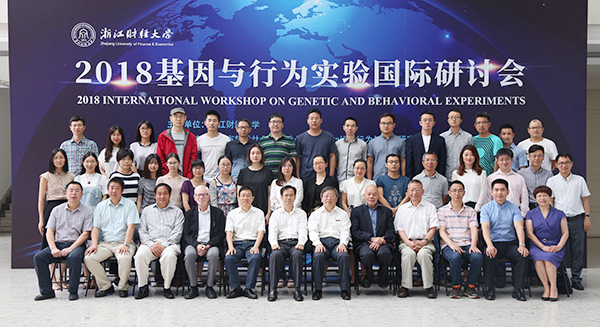From June 9 to 10, International Symposium on Genetic and Behavioral Experiments 2018 was held on the Xiasha campus of ZUFE. More than 40 experts and scholars from universities, research institutes, and well-known companies of the United States, Singapore, the Netherlands, Japan and China attended the symposium. Shihao Sheng, Secretary of the Party Group of the Provincial Federation of Social Sciences, and Xiaomin Zhong, principal of ZUFE, attended the opening ceremony and delivered speeches respectively. The opening ceremony was presided over by Xinbo Lu, Deputy Secretary of the Party Committee of ZUFE.
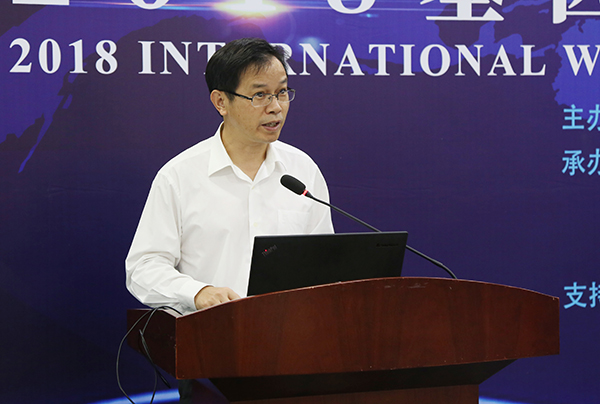
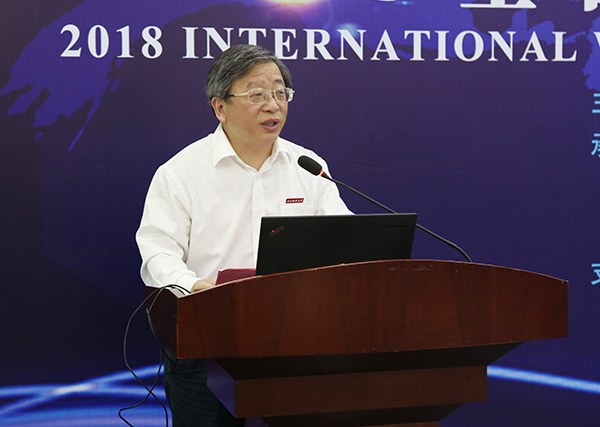
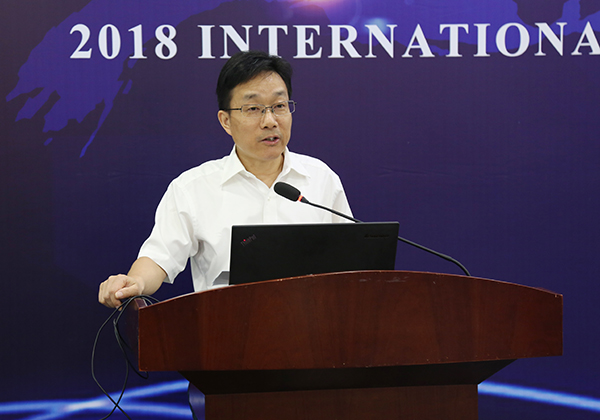
Professor Richard Ebstein from Hong Kong University of Science and Technology, Professor Shuhong Zhou from National University of Singapore, Professor Di Sun from the University of California at Long Beach, Dr. Xiaomin Zhang from Kunming Medical University, and Professor Hang Ye from ZUFE, respectively, gave keynote speeches on the topics of "Experimental Economics, Business Administration and Social Science Research at the genetic molecular level (2008-2018)" "Decision Genetics" "I Ching Hexagram and Gene Sequence Structure" "Using Neurobiological Methods to Study Animal Behavior" "Why economics needs genetic research and how to develop genetic economics".
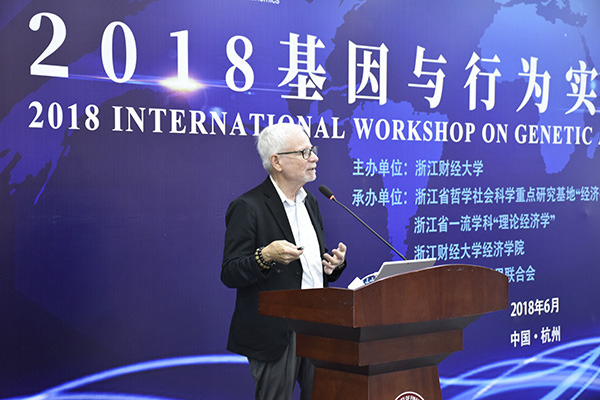
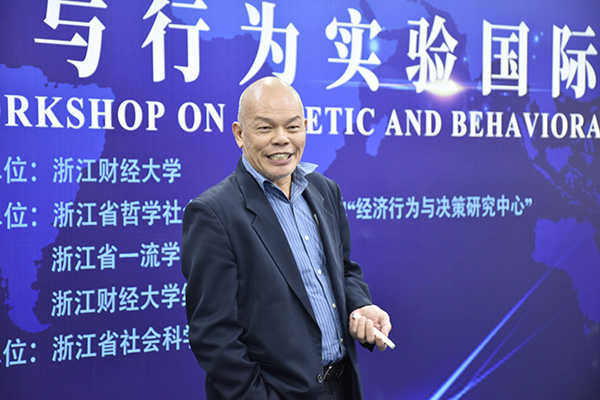
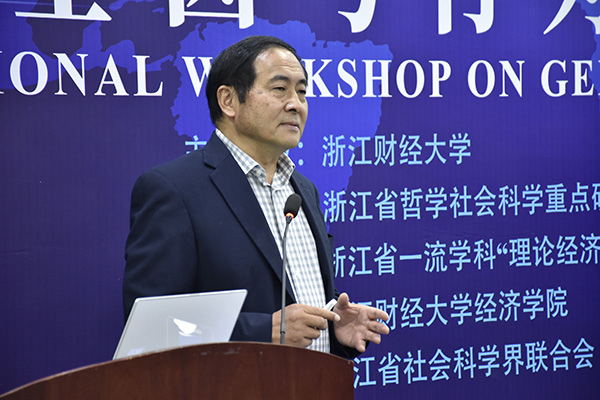
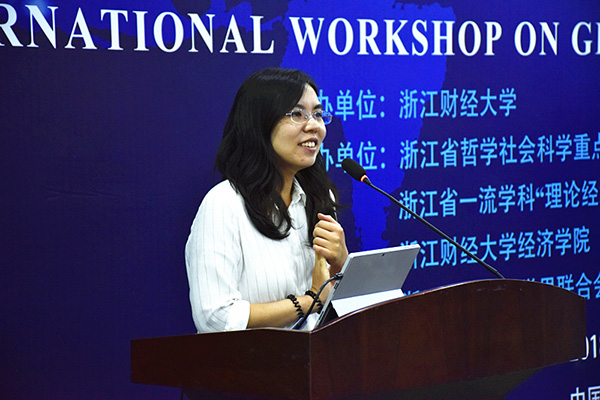
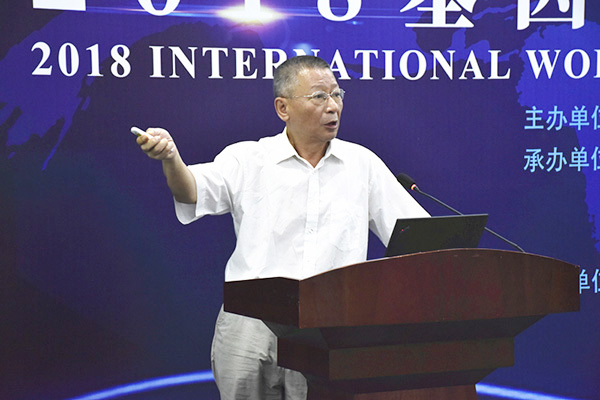
Experts and scholars at the symposium conducted heated discussions on frontier theory and practical problems in economics such as the evolutionary mechanism of risk preference, cooperation and population migration, the phenomenon of testing and obedience of honest behavior, and the study of the impact mechanism of industrial upgrading from the perspective of agricultural appliances.
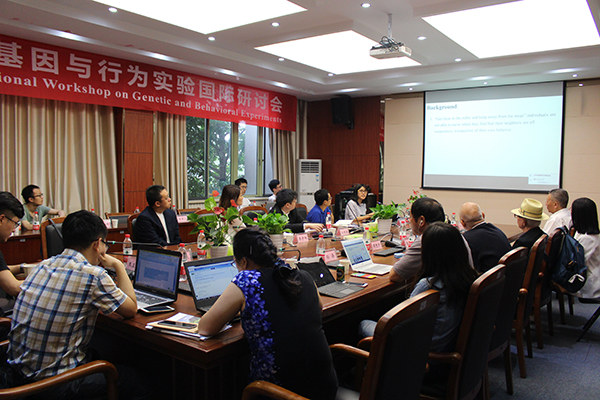
During the symposium, the unveiling ceremony of the "Center for Economic Behavior and Decision making (CEBD)" of the provincial key research base for philosophy and social sciences, was also held. Mr. Sheng and Mr. Zhong jointly unveiled the base.

Based on the forefront of interdisciplinary research in modern economics, this symposium established a high-end academic exchange platform for behavioral experimental economics. The achievements of a series of collisions of ideas will not only contribute to the development of Theoretical economics, but also provide a scientific methodology for our country's economic decisions and policy making in the future.
